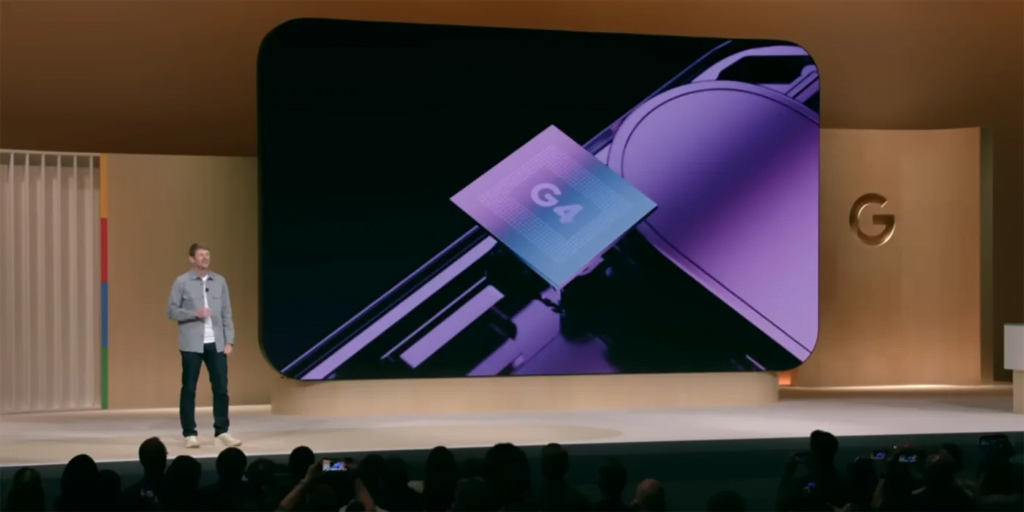Recently, Intel, a big name in the tech world, got hit with a huge legal ruling. They have to pay $2.18 billion to VLSI Technologies because of some issues related to patents. Patents are like special rights that protect inventions. In this case, VLSI said Intel used some of their ideas for making computer chips without permission.

What Happened?
This whole situation started back in 2021 when VLSI Technologies sued Intel. They claimed that Intel had used their patented technology to make chips without properly licensing those patents. The jury, which is a group of people who decide who wins in court, ruled in favor of VLSI, which surprised many people. This amount is one of the largest penalties in a patent case ever.
What Is Intel Doing About It?
Intel isn’t going down without a fight. They announced that they plan to appeal the decision, which means they want to challenge it in a higher court. They argue that the patents in question weren’t really used in their products. An Intel spokesperson said, “We think the evidence will show that VLSI is just trying to make money unfairly. We will defend ourselves and appeal this ruling”. Intel really wants to protect its position in the semiconductor market, which is super competitive right now.
Why This Matters
This legal battle is not just important for Intel; it affects the whole tech industry. Patent disputes like this happen all the time in the tech world, especially in making computer chips. If VLSI wins, it might encourage other companies to sue big firms like Intel, which could lead to more lawsuits. This could slow down new inventions as companies may worry about getting sued instead of focusing on creating new technology.
Also, losing such a big amount of money could hurt Intel’s plans to work on new projects, like advanced chips used for artificial intelligence (AI) and data centers. As competition grows in the semiconductor market, it’s crucial for Intel to keep innovating.
Conclusion
Intel’s case with VLSI Technologies shows how tricky patent laws can be in the tech industry. As Intel fights this ruling, it will be interesting to see what happens next. This could change the way companies think about patents and innovation in the future.
For more details on this case, you can check out the full article. click here




